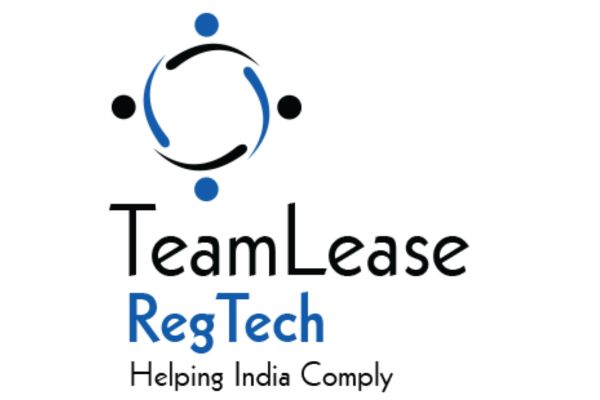TeamLease Regtech, India’s leading Regulatory Technology (Regtech) solutions company, has released its report titled ‘Compliance 3.0 – Beyond Accidental Compliance.’ India Inc. is expected to be on an unprecedented growth trajectory, and this report highlights the structural and procedural challenges around compliance faced by employers. It delves into the existing challenges in the present regulatory framework and provides insights into the reasons behind accidental non-compliance among employers. It further highlights the changing demands of shareholders, board of directors, regulators, and employees around compliance.
India’s business ecosystem is governed by 1,536 acts and rules, 69,233 compliances, and 6,618 filings. Of the 1,536 acts and rules, 843 statutes account for 26,134 compliances (The Jan Vishwas (Amendment of Provisions) Act, 2023 183 provisions carrying imprisonment terms) that carry imprisonment provisions. Typical MSMEs deal with anywhere between 500 to 1000 unique compliance obligations depending on the nature of their business. 40% of these obligations come from labour laws.
The report provides insight into the inherent fluidity of the compliance ecosystem, where regulatory updates are published on over 2,000 government websites on a daily basis. These updates are in various forms (notifications, gazettes, circulars, ordinances, master circulars, press releases, etc.) and lead to changes in formats, dates, timeframes, frequency, penalties, interest rate computations, application threshold values, and the wording of the legislation. Due to their time-sensitive nature, these amendments require prompt interpretation and application. Whether it is the lack of awareness of all applicable compliances or poor control and visibility over compliance obligations, businesses struggle to keep track of key compliance functions, such as license renewals. Businesses are also required to maintain records and registers of a host of different activities and functions, all with their unique formats.
Rishi Agrawal, CEO and Co-Founder TeamLease RegTech says, “While the government is doing well by rationalising digitising and decriminalising the business regulatory ecosystem, India India Inc. must move towards digital solutions for managing its compliance program. Managing compliance is complex. Deeply entrenched hostility with imprisonment clauses only adds to the regulatory cholesterol employers deal with. Paper-based, people-dependent, manual and ad-hoc compliance programs do not provide assurance to shareholders and board required in the rapidly growing Indian economy. DPI is rapidly transforming India, and the inclusion of regulatory technology will change the orbit of Indian enterprises. The report’s data-driven dissection of India’s regulatory cholesterol delves into inherent causes of informality in the Indian economy and analyses the symptoms that ail the employer compliance universe. It presents Ideas for the future of compliance in India by reimagining the compliance universe.
The ambitious target of a $35 trillion economy by 2047 to crown our ‘Amrit Kaal’ imagines manifold growth over the next couple of decades. The vision of Viksit Bharat@2047 cannot be achieved without resolving the structural impediments that plague employment generation. The inherent complexity, ambiguity, and uncertainty need to be resolved to elevate the compliance ecosystem in the country. The demands on governance and compliance have evolved and will continue to evolve to match the pace of rapid progress. India Inc. must take the initiative by incorporating digitisation to facilitate better compliance management.
















